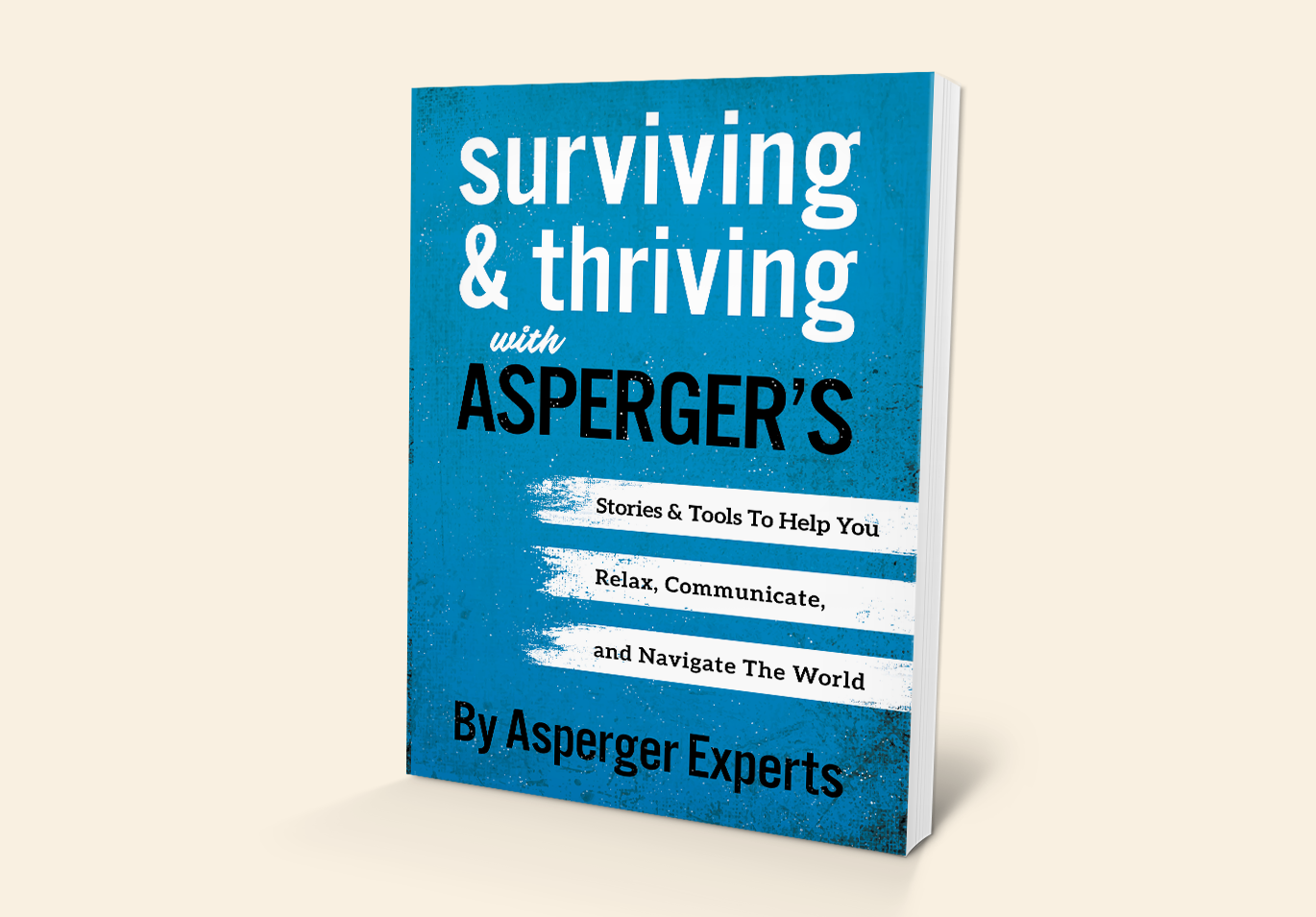Parenting Why Rewards & Punishment Don't Work

The AE Community
I am prompted to expound on this topic because I am frequently in frustrating positions trying to explain to others why their well intentioned suggestions of a rewards and punishments model will not work with my neuro atypical daughter. I try hard to not be offended at their description and apparent assumption that I am not familiar with B.F. Skinner and behavioral psychology when I not only have a masters degree and 25 years of experience working with kids with special needs, but have also reared a neuro typical child that is thriving.
Their well intentioned suggestions not only do not help, but make me fight not to see myself as a failure as a parent, but that is a side note. This is a long analogy that is inspired by Danny Raede of Asperger Experts and his analogy of trying to teach the soldier in combat to knit. I have taken it several steps further.
Danny describes Defense Mode as the soldier in enemy territory and we are trying to teach him how to knit. He might well want to learn to knit but because he is in fight or flight survival mode he is unable to gain the cognitive function to attend to the knitting task.
The soldier comes home from combat but his neurological makeup has been altered. Things that do not appear to us to be threatening such as a closed door or a firecracker now cause his body to react as if there were a threat to his life and it goes into fight or flight mode with increased heart rate, adrenaline and decreased ability to cognitively focus on anything but survival.
With Neuro atypical people the threat might actually be light, sound, touch, smell, uncomfortable social interaction etc. Those threats have had negative feelings associated with them and the body reacts as if it needs to fight or flee.
Even when the person can cognitively rule out a threat the body continues to fight or flight. Cognitive function that one minute ago was there is now gone.
Punishments
You tell the soldier "If you don't stop what you are doing and sit down and focus on learning to knit I'm taking away your gun". In our case you might be taking away the Ipad, opening the blinds, cooking bacon, or turning on music, effectively taking away the person's ability to defend herself against these sensory threats.
In a behavioral situation those threats would not be present. I am taking away your gun/Ipad and now you have a small fit, get over it and decide to focus on knitting until you get it back. Because this is not behavior but neurological dysfunction you can take away the gun but the soldier does not focus on knitting. He first fights with a meltdown but instead of recovering and working on knitting so he can get his gun back he goes into full flight, finds the safest spot he can, covers his head, freezes and shuts down until the threat is removed. He is not able to gain the cognitive function to learn to knit.
Rewards
You tell the soldier "If you will stop what you are doing I will not only teach you how to knit, I will give you the best and softest yarn so you can make a blanket for your grandmother and she will be so proud of you. You can make a blanket for yourself so you will no longer be cold at night." The soldier might be really inspired to make his grandmother proud and he might really want to be warm at night instead of miserable.
But as long as the body perceived threat of being shot at is there, there isn't a reward that can turn his cognitive function toward knitting. Because he isn't stopping and isn't focusing on knitting he doesn't get the reward, disappoints his grandmother and sees himself as a failure not only at being a soldier, but at being a person.
If we can gently show the soldier that the enemy has retreated.
Show him that he is in a safe place with people who will love and protect him.
If we can respect him even when he perceives the firecracker as a threat and not indicate that this reaction was petty, we might get the soldier to a place where his body will no longer fight or flee, and only then can we teach him to knit, help him make his grandmother proud and help to help himself stay warm at night.
We as parents all want our children to be successful. All children are different and deserve to be raised in ways that support their development. It is absolutely exhausting and life altering to raise a Neuro atypical child.
I know I am speaking to the choir and I appreciate all of your support and encourage you that you are being the best parent to your child.
Join Our Email List
Get advice, scripts, stories and more sent directly to your email a few times a week.
Read Next

The AE Team

The AE Community
Books & Courses Related To This
View all productsGreat For Teens & Young Adults
Great For Parents
Great For Parents
Great For Families






